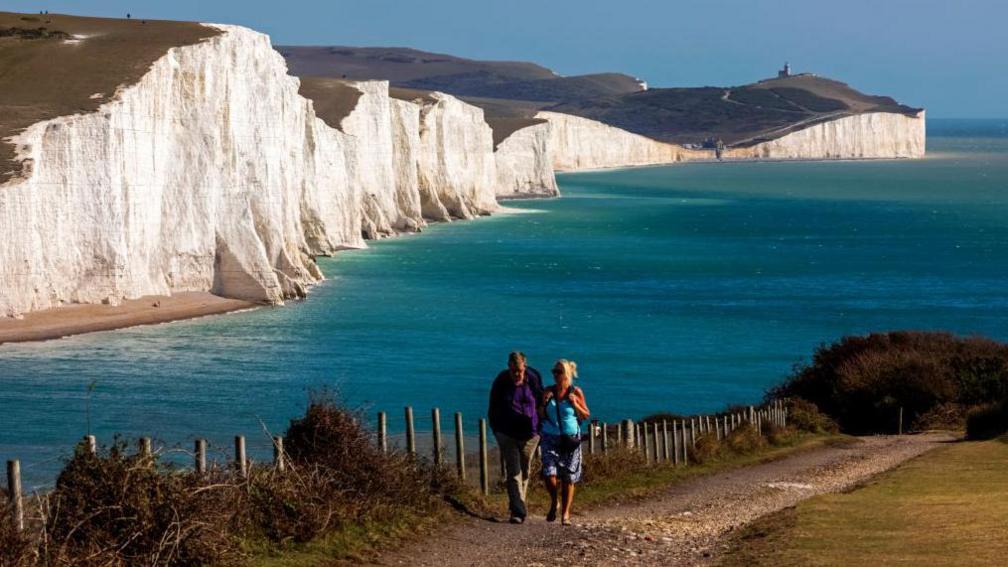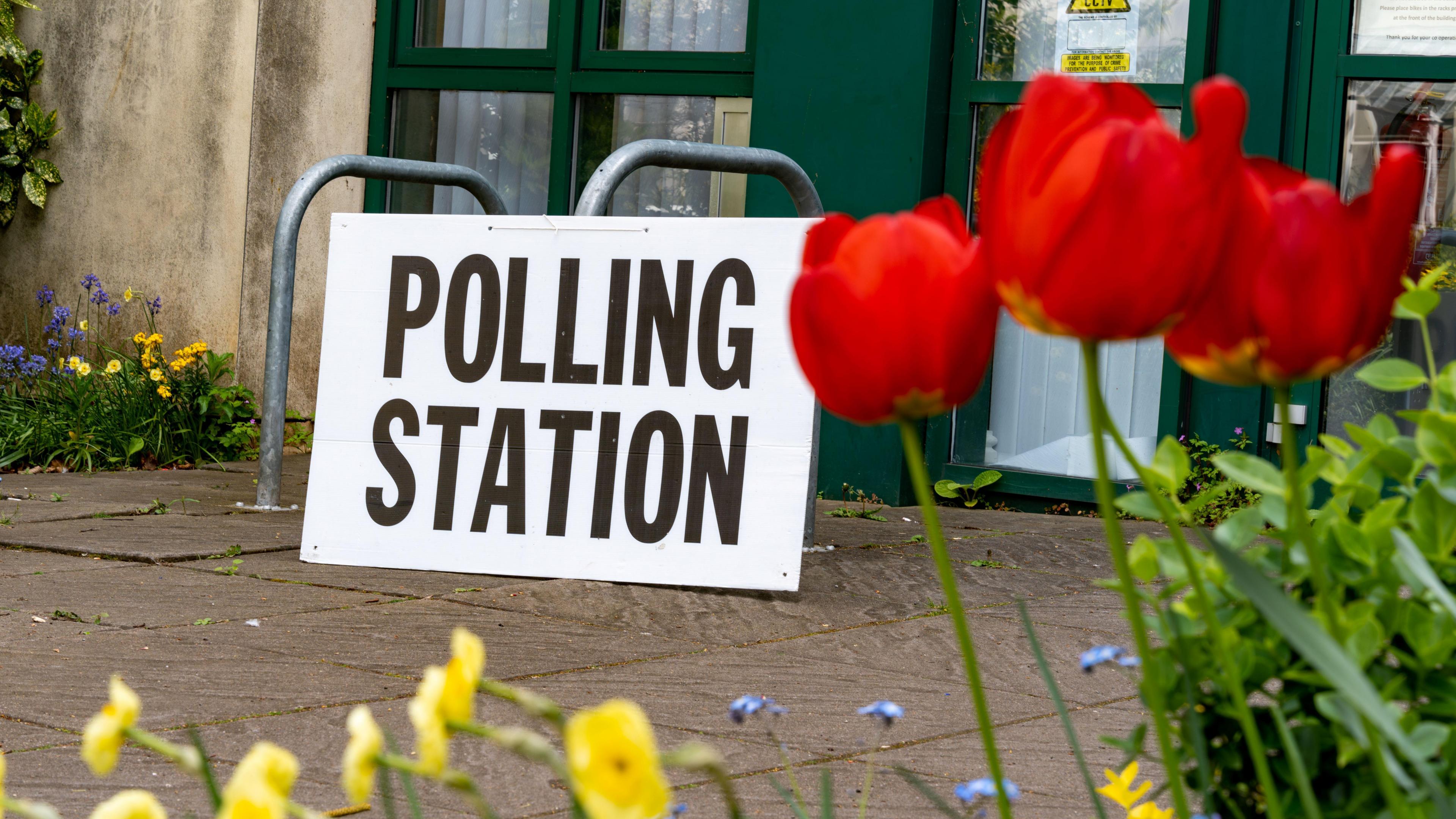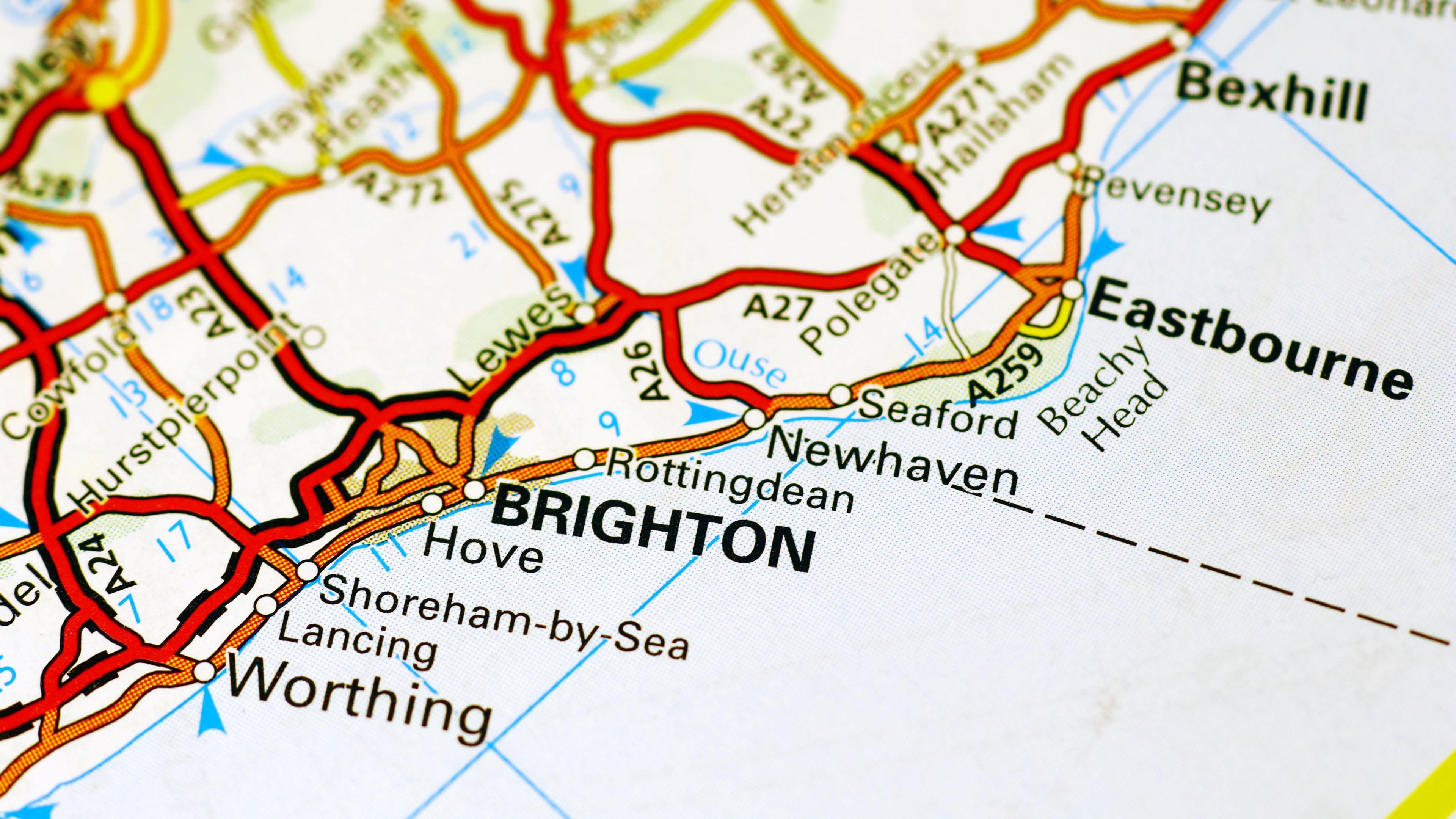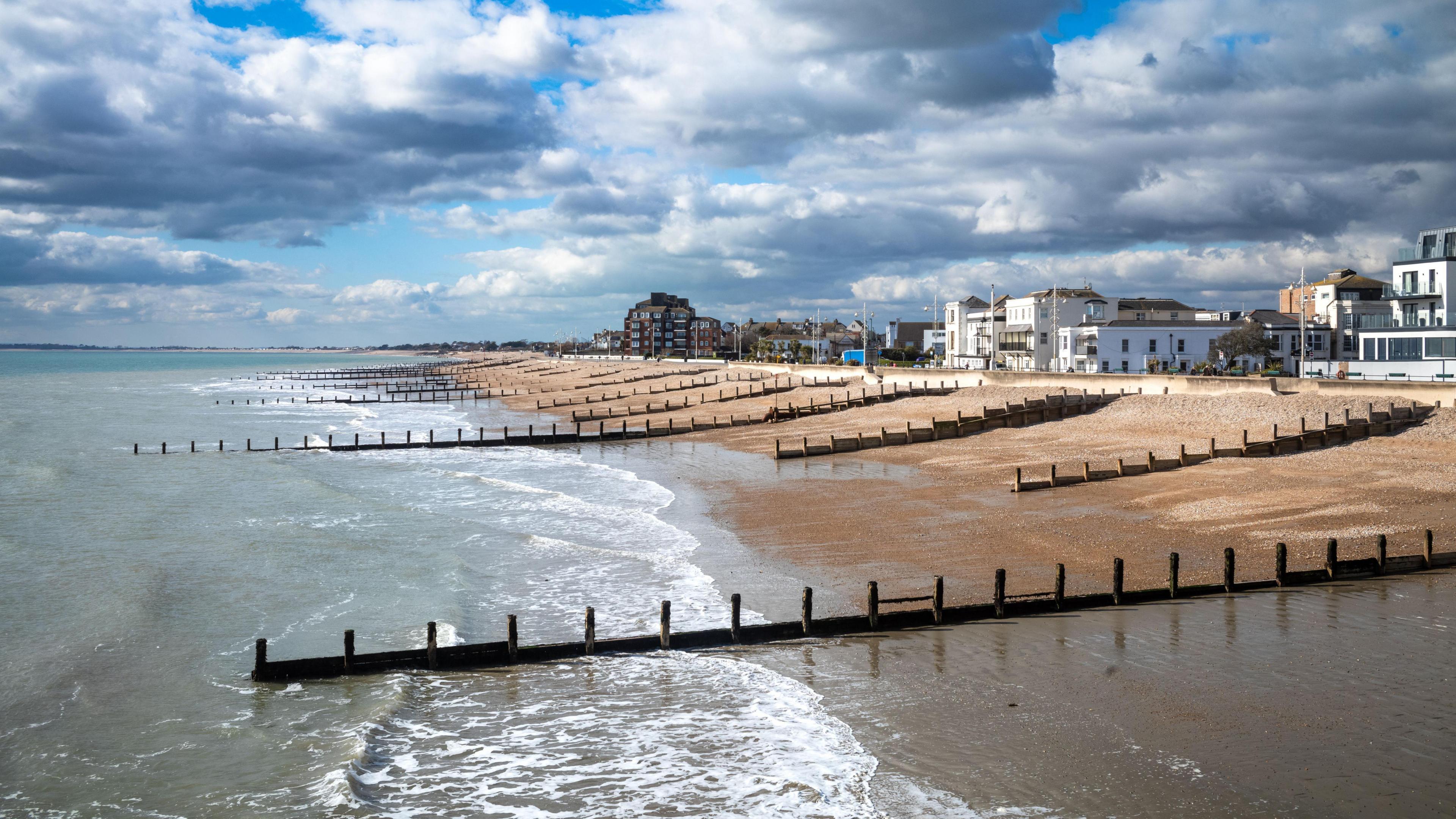One council for East Sussex 'would save £20m'

Council leaders must decide how many new authorities Sussex should have
- Published
Having one new council to run local services for the whole of East Sussex would save £20m over five years, a new report claims.
The One East Sussex draft business plan, commissioned jointly by all six existing councils in East Sussex, also estimates splitting the county to be run by two new authorities would instead create additional costs of £400m.
Council leaders across Sussex have until 26 September to submit final plans to the government about how they will replace borough, district and county councils with new unitary authorities.
They must decide how many new authorities Sussex should have to run services, alongside an elected mayor, and what size and shape they should be.
The report, external calls this a "decisive moment" for East Sussex to reduce duplication, improve efficiency and create a more resilient organisation to run sustainable public services.
The government has said it wants unitary authorities to serve populations of more than 500,000 people, but has also indicated there may be flexibility on that rule.
There was initial support for keeping the status quo and preserving "established working relationships" under one unitary authority for East Sussex's 550,000 residents.
But Brighton & Hove City Council's submission to the government in March said it favoured creating five unitary authorities across Sussex to "ensure the different voices of Sussex are heard", ensure financial viability and maintain local rural, coastal and urban identities.
The city's plans to expand and take in part of Lewes district in an effort to boost the population of its existing unitary authority has provoked an angry reaction from Lewes District Council's leader Zoe Nicholson.
Fast-track timetable
It's already been confirmed that an election for the first mayor of Sussex, who will be responsible for strategic planning, will take place in May 2026.
Alongside devolution powers, Sussex is obliged to reorganise its council structure, scrapping all borough, district and county councils and replacing them with new unitary authorities.
Sussex's inclusion in the government's fast-track Devolution Priority Programme means leaders have until 26 September to submit final plans for how councils will be restructured from April 2028.
If those plans are accepted by the secretary of state, the government will launch a public consultation and make a final decision in spring 2026.
Elections for new authorities would take place in spring 2027 to allow for a shadow year while local services are handed over.
Follow BBC Sussex on Facebook, external, on X, external, and on Instagram, external. Send your story ideas to southeasttoday@bbc.co.uk, or WhatsApp us on 08081 002250.
- Published17 July

- Published21 March

- Published5 February
